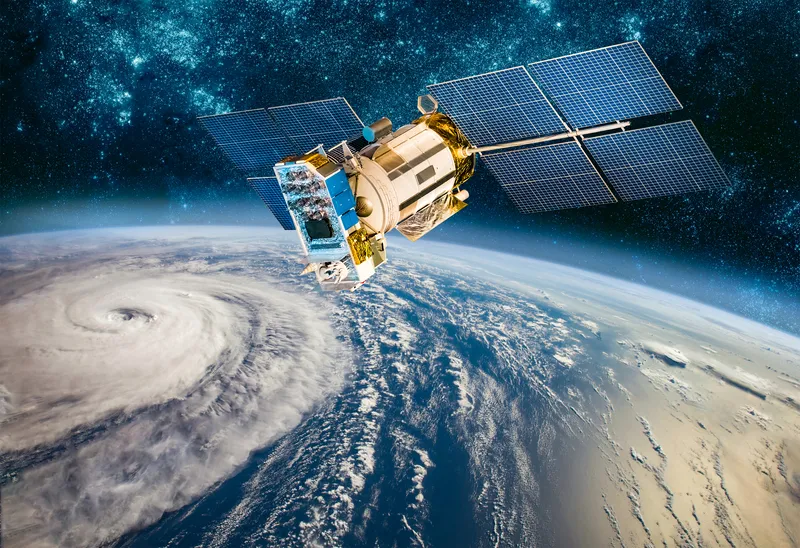Japan’s first navigation satellite has reached position above Japan and will be used to improve GPS coverage in mountainous terrain and urban canyons.
March 1, 2012
Read time: 1 min
Japan’s first navigation satellite has reached position above Japan and will be used to improve GPS coverage in mountainous terrain and urban canyons.
The Michibiki satellite, positioned some 33,000 kms over Japan, will undergo three months of testing and commissioning before it enters service. Japan is planning to launch a further two satellites, depending on the performance of the first unit in space.









